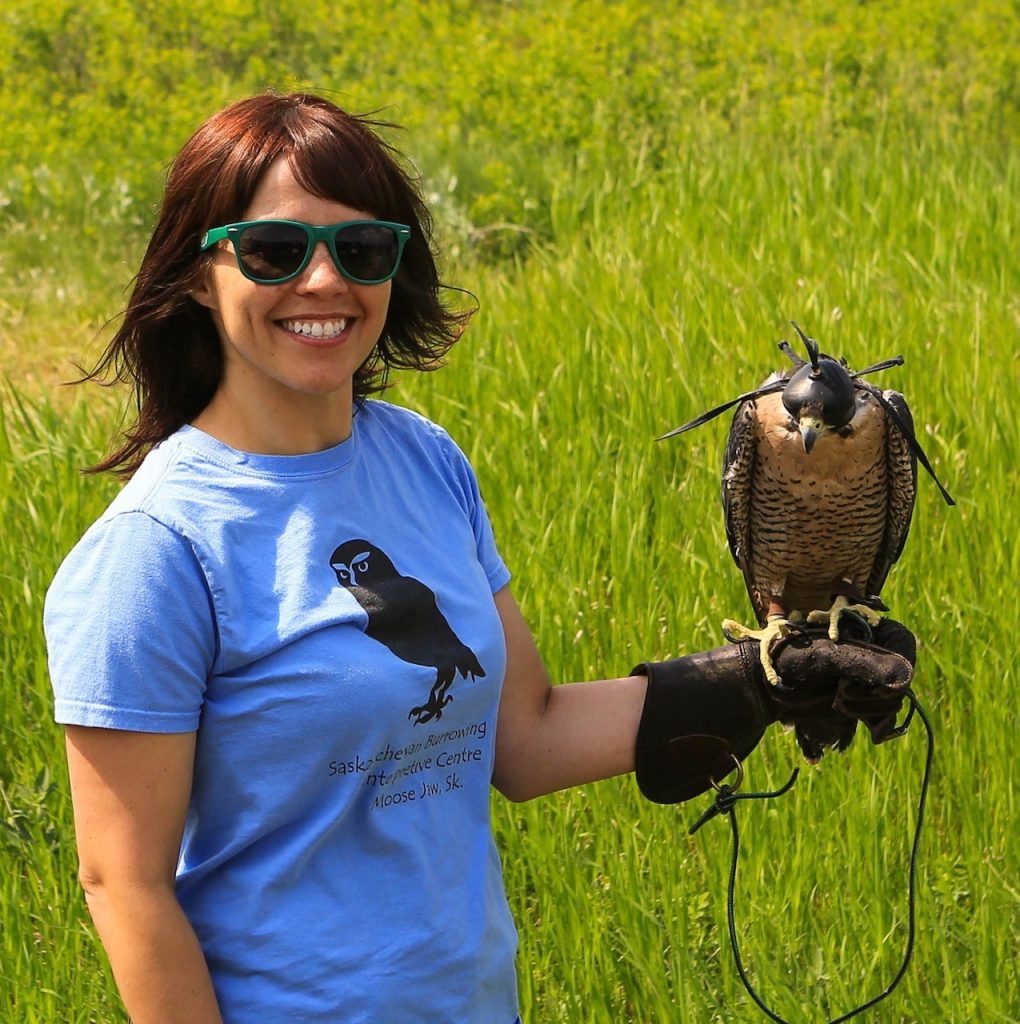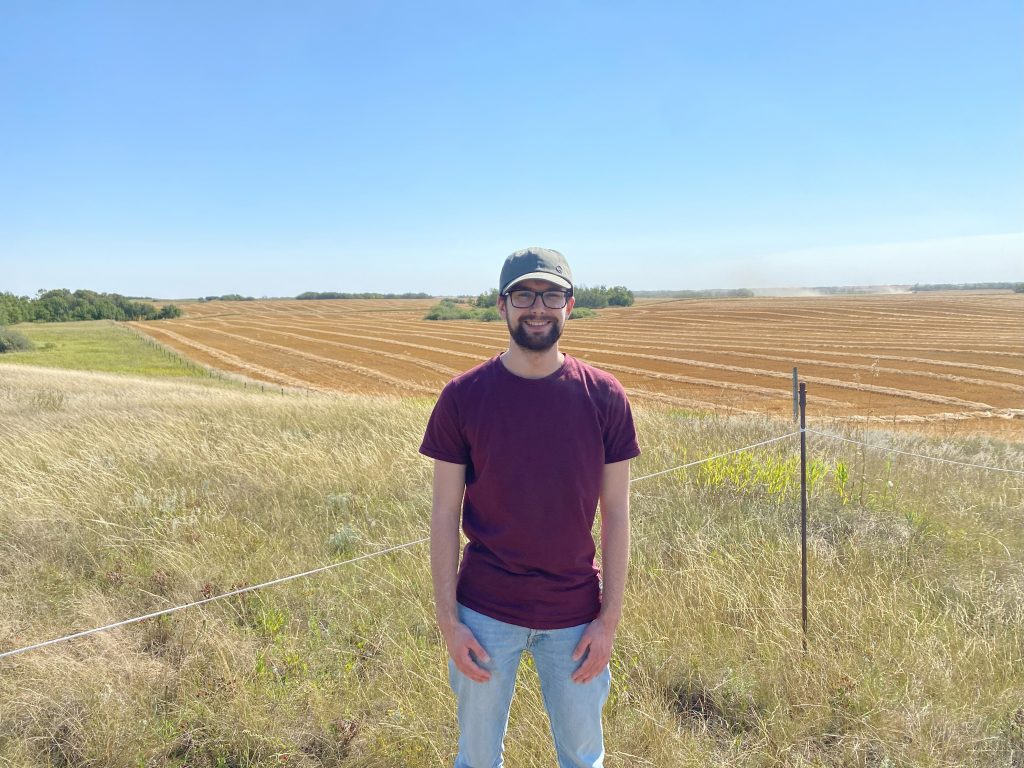Research Associates

Kara Loos, PhD
Kara is a Genomics Research Associate with the IMSS group. She works with environmental DNA (eDNA) and targeted metagenomics to detect biodiversity changes, pathogens, and antimicrobial resistance in water, soil, and wastewater. These projects aim to strengthen Canada’s ability to monitor and respond to health threats across human, animal, and environmental interfaces – particularly in northern, rural, remote, and Indigenous communities – while addressing technical challenges in sampling, sequencing, and data analysis.
Research Scientists

Ashlyn Kirk, MSc
Ashlyn is the current Lab Manager at IMSS. In 2024, she earned her Master of Science in Biology from the University of Regina, where her thesis focused on investigating the antimicrobial properties of Pantoea using functional genomics and bioinformatics techniques. Her current research centers on utilizing probe capture techniques to monitor for antimicrobial resistance and emerging bacterial and viral pathogens in humans, animals, and the environment.

Tayah Farquhar, BSc Biochemistry
Tayah is a research scientist in the IMSS lab under the supervision of Dr. Andrew Cameron. She is involved in a myriad of projects but is currently working on microbial genetic systems (such as antimicrobial genes) and microbial ecology. She graduated in 2024 with a B.Sc in Biochemistry.

Daniel Kos, MSc
Daniel is a research scientist in the IMSS lab under the supervision of Dr. Andrew Cameron. He earned his Master of Science in Large Animal Clinical Sciences in 2023 from USask, writing his thesis on antimicrobial resistance surveillance within beef production facilities. His research focuses on bioinformatic analysis of the bacterial community directly and indirectly interacting with animals.

Edgar Mangwende, PhD
Edgar joined IMSS in July 2024, with a focus on addressing emerging plant diseases that impact quinoa production in Canada. Leveraging whole-genome sequencing, he aims to identify key virulence factors associated with these pathogens and develop pathogen-specific molecular detection tools for use in agricultural systems. His research also uses transcriptomics to uncover quinoa’s genetic responses to infection, and metagenomics to study shifts in the crop’s microbiome. These insights will support breeding resistant cultivars and inform sustainable disease management strategies for Canadian agriculture.